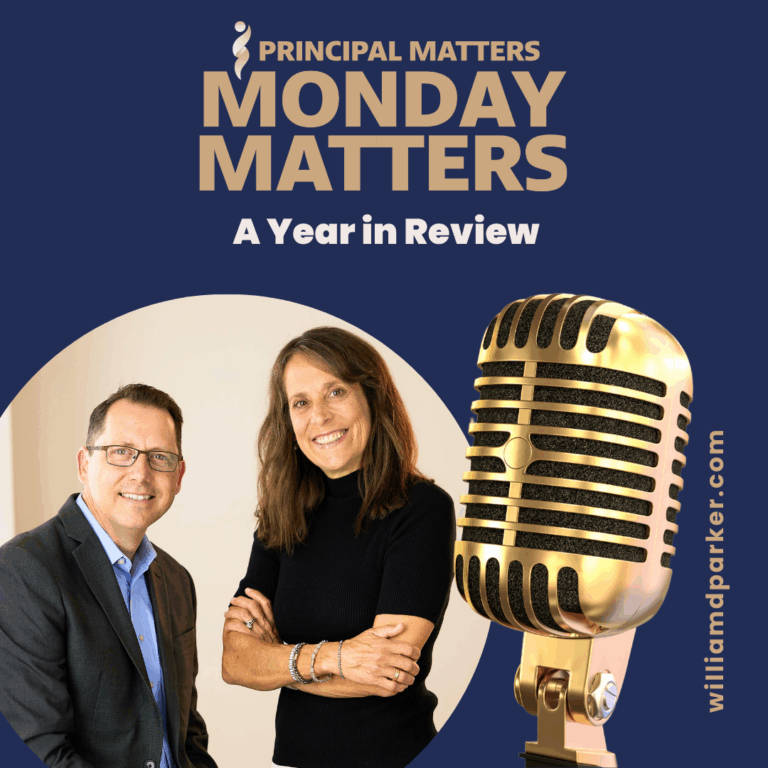I remember a story a good friend told me about her first year as an assistant principal.
She worked with a teacher who frequently referred the same boy to the office for misbehavior.
Although the boy (I’ll call him Billy) deserved the consequences he received, the teacher was convinced he was impossible to help and really wanted him out of her class.
One day when the teacher had endured an especially rough time with Billy, my assistant principal friend asked if she could take her for a drive during her plan period.
The teacher agreed and before long, they had driven a short way from the school and parked in front of a home that was so neglected, it could have been condemned.
“Why are we here?” the teacher asked.
“Because this is where Billy lives,” said the assistant principal.
They sat in silence for a minute. My friend just let it sink in. Suddenly, the teacher burst into tears. “I had no idea,” she cried. That drive changed the way she saw her student.
Billy didn’t get any easier to manage, but her heart toward him had changed. Now when she disciplined him, there was something different about her tone and motivation. My friend explained that by the end of the year, Billy had become one of the teacher’s favorite students.
How Do You See?
Being an educator requires wisdom and courage. It also means checking your heart often. Here are two good questions for self-reflection:
1. How do you view the kids in school who may be on the social edges?
2. How do you treat the ones who have a track record for challenges and failure?
If we cannot answer that we will treat them with the same consistency, firmness, and fairness that we show to all students, then the biggest challenge we may have this school year is ourselves.
With that in mind, how do you maintain the balance of consistent discipline while also keeping your heart in check? That question leads us back to what really motivates us to be educators, and what really motivates us most in life. On the one hand, you must be consistent with discipline and expectations if others are going to respect and trust you. On the other hand, you must maintain the dignity of the person with whom you are interacting, or you will lose his or her respect.
Perspective Check
Just like the teacher was changed when she saw the living conditions of her challenging student, you can be motivated when you remember that position, degree, age, and status do not make one person inherently better than another. Each of us is equal in worth. And each of us benefits when we treat others like we would want to be treated.
Conclusion
As you serve your school community this year, do not forget the educators who once believed in you as a student and motivated you in life. It’s your turn to pay-forward on that investment by consistently challenging and caring for others at the same time.
Now It’s Your Turn
What are some ways you stay motivated to treat others with dignity even when they don’t necessarily “deserve” it?
Sign-Up For Free Updates
When you enter your email address here, you will automatically receive my newest posts. Let’s keep learning together!
Principal Matters Podcast
Check out audio versions of Principal Matters posts at iTunes. Rate PMP at iTunes; when you do, it makes it more visible to others!
Principal Matters–The Book!
School leaders are very busy, so each of the twenty-four chapters is designed as a quick-read and followed with take-action questions for follow-up or reflection. If you want practical ideas on understanding your purpose, managing school teams, dealing with challenges, and leading with courage, action, motivation, and teamwork, go HERE to pick up a copy for you or your team.




